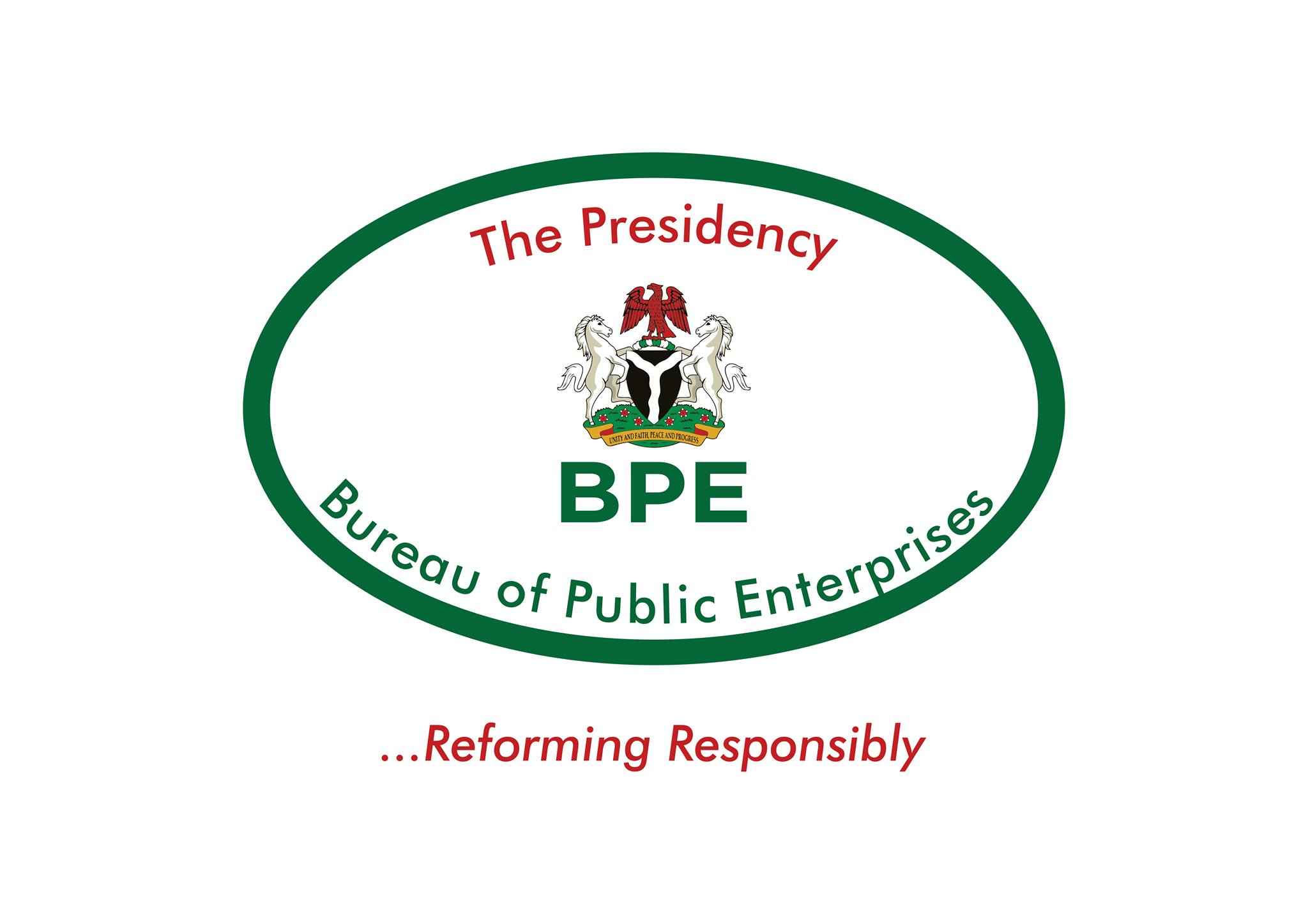SECTOR DATA
Nigeria is one of the world’s major oil & gas producers. Currently, the country’s oil & gas reserves are conservatively estimated at 26 billion barrels and 157 trillion cubic feet, respectively. 4 giant deepwater fields, Bonga, Erha, Agbami and Akpo representing six billion barrels of additional oil reserves, recently came on stream in early 2004, bringing Nigeria’s total oil reserves to 32 billion barrels. Nigeria’s crude oil production capacity currently stands at 2.6 million barrels per day, and is expected to reach 3.3 million barrels per day (mbpd) by 2004, excluding condensates. Oil accounts for 35% of Gross Domestic Product, 80% of Government revenue and 95% of foreign exchange earnings.
Despite these considerable hydrocarbon resource endowments and the significant role of the sector in the economy, the performance of the oil & gas sector is still below its full potential.
The combined capacity of Nigeria’s four refineries is 450,000 barrels per day, with Kaduna Refinery accounting for 110,000 bpd. However, capacity utilization has been low due to operational problems associated with the refineries. Hence local consumption of Gasoline, estimated at about 8 million mt per year, is mostly satisfied through imports.
privatisation of the refineries and an enhanced private sector participation in managing the down stream of the petroleum industry are therefore very critical to the long-term growth of the sector. The main objectives of the programme include:
- Mobilizing private sector and international capital in the development of sector infrastructure, capacity and overall system reliability.
- Improving the competitive position and financial performance of the NNPC SBUs: through introduction of modern management practices, commercialisation and restructuring of operations, as well as investments in technology, plant modernization and productivity.
- Increasing the competitive intensity of the industry in the transition period from the state supply monopoly to open competitive markets.
- Improving the industry’s Health Service Environment (HSE) performance indices
- Ensuring that the Government receives full value for the assets and operations of the state oil companies.
MARKETING SCOPE
Nigeria with a population of about 126.64 million provides a large market for petroleum products. The current reform aimed at the liberalization of the economy is expected to put the economy on the path of growth. In 2003 alone, demand for products was 12.6 million mt (260,000 b/d) 60 % of which is gasoline. This is expected to increase to over 20 million mt by 2015. Nigeria has embarked on the road to full petroleum products pricing liberalization. This would allow adequate and fair returns on investment.
Nigeria is the largest producer of petroleum in the West African region (ECOWAS). The region is integrating and that would provide larger markets for the exportation of Nigerian refinery products. Also the integration of West African economy is a further boost for marketing activities in the petroleum sector.
PRODUCT DEMAND
It has been difficult to establish the quantum of demand for petroleum products in Nigeria for a number of reasons including the volume of losses in the pipelines smuggled to neighbouring countries, illegal bunkering and proliferation of special markets such as international jet oil market as well as import and sales by private operators for which data are not available. However, these confirm the robustness of demand for the products, given the large Nigerian population and the prospects of export of the products to other West African Countries.
The road system in Nigeria is the second largest in Africa (after South Africa). All personal transport is by car, except for some inter –city transport by air. The car population is very large and owned by the middle and upper classes. The cars are generally inefficient and there is little concern for fuel economy. Traffic congestion in the major cities adds significantly to gasoline consumption.
Available figures from NNPC show that demand for PMS, ATK and AGO has recorded an average increase of 5.1% from 1996 to 2002. Demand for Gasoline is currently estimated at about 30 million litres per day.
In 2003 the total Gas oil (diesel) market in Nigeria was about 2.9 million mt. The main applications of Gas oil are in four areas of the Nigerian economy namely, Industrial, Transport, Domestic and offshore. Industrial and domestic consumers are ready to pay higher prices than the official prices in order to ensure a reliable supply for generating electricity during frequent NEPA power cuts. Most companies including GSM and Internet operators and most manufacturers operate 100% on generators due to unreliable power supply from the government owned power company, NEPA. Haulage in Nigeria is the exclusive preserve of truckers and there exist a large market for bus transport. This gas oil market is estimated at 1 million mt per year. Kaduna Refinery produces 91 tonnes/day of LAB at optimum capacity and the Nigeria demand would absorb the entire production. There also exists a high demand potential for other special products like LPG, Bitumen and Base Oils.
SECTOR REFORM
The downstream sector has presented major challenges for the country over the past six years, as the NNPC has found it impossible to maintain the country’s 4 refineries and to meet demands for PMS, diesel, and kerosene nationwide. Obviously, the public sector-led downstream petroleum industry has been inefficient. As a result, the Federal Government has instituted a sector reform programme to improve on the efficiency of the sector. The reform is being implemented in the following sequence.
Deregulation would involve freeing prices and the pricing procedure in a manner, which encourages private sector investment and establish a level playing field for all investors.
The review of existing sector policies is being undertaken by paying particular attention to the goals and requirements of a liberalised, competitive, private-sector-led sector. The policy will also aim at highlighting future post-privatisation structures and roles of the Government, regulatory agencies, and NNPC.
Regulation is one of the principal vehicles by which the country’s competition policy will be implemented. The legal and regulatory framework review will aim at codifying the existing plethora of legislations in the industry into a new legislation that would translate the national oil and gas policy into an unambiguous, comprehensive and workable legislation.
POLICY
A broad National Oil and Gas policy is underway to provide an enabling legal and regulatory framework necessary to engender competition and move the sector towards private sector led growth and development.
The BPE through the IDA has commenced the procurement process for an adviser to assist in the reform and formulation of a new legal and regulatory framework for the downstream sector.
PROSPECTS
High prices of oil in the international market are expected to increase refining margins. In Nigeria, the high price of oil in the international oil markets would be an impetus for the refineries to operate at full capacity to take advantage of local demand as well as demand that exist in the neighbouring countries, as the low cost of transporting products will add to the high margins.
The correlation between GDP growth and oil consumption is expected to boost profit in the refining business in Nigeria. The current economic reform efforts and the programme of National Economic Empowerment and Development (NEEDS) targeted at enhancing the economic base of the Nation will translate into diversification and deepening of the economy through greater oil consumption and more production of goods and services.
These enterprises are available to interested investors
- Kaduna Refinery and Petrochemicals Company
- Port Harcourt Refinery
- Warri Refinery and Petrochemical Company Limited
- Pipelines and Products Marketing Company
- Nigeria Gas Company Limited
- Eleme Petrochemicals Company Limited

